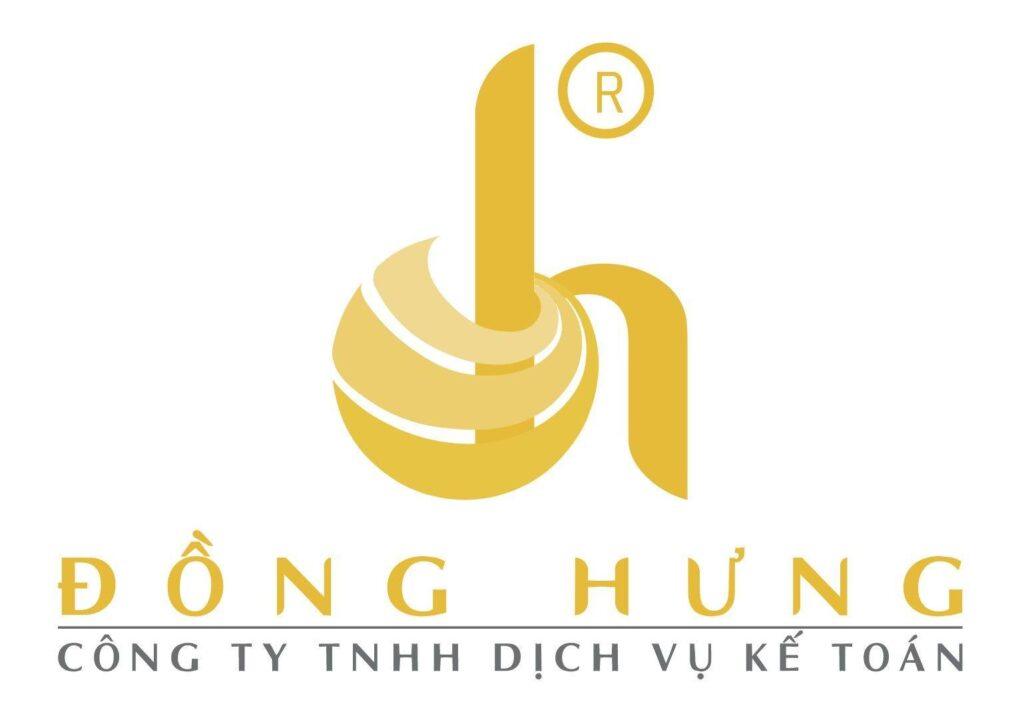In the report about the tax collection management in the EPZs in Hanoi, HCM City, Binh Duong and Dong Nai, the government inspectors informed that 399 enterprises in the EPZs paid VND688 billion in tax at the end of 2011.
Especially, a half of the enterprises (125/399) reported loss despite the big turnover of VND32.563 trillion. The other 69 enterprises reportedly incurred the loss of VND1.829 trillion over the last two years.
More than ¼ of enterprises have reported loss over the last three consecutive years, in the majority of which the inspectors have found the signs of conducting the transfer pricing.
The 100 percent Japanese invested Sumitomo Bakelite Company Ltd topped the list of unprofitable businesses with the accumulative loss of VND777.67 billion in the last three years.
Meiko Vietnam, also a Japanese invested enterprise, reported the loss of VND300 billion. It was the investor of the biggest electronics project in the former Ha Tay province in 2006.
In Dong Nai province, inspectors found 4 businesses with big reported loss. Toshiba Asia took a loss of VND430 billion in the last three years, Olympus Vietnam VND256 billion over the last two years.
What to do?
The enterprises which reported loss despite the big turnover have been put under the probe by management agencies.
The agencies have also named the names of the enterprises suspected of conducting the transfer pricing, the thing they hesitated to do in the past. This has been hailed as an “encouraging success” of the agencies in the battle against the transfer pricing.
The determination to combat the transfer pricing has never been so strong as nowadays, which can be seen in a series of moves taken recently.
Deputy Prime Minister Hoang Trung Hai many times requested the Ministry of Finance to team up with other relevant ministries to build up an action plan and annual plans, commencing from 2012, in order to more effectively control the transfer pricing activities by foreign invested enterprises FIEs.
What will the management agencies do next? Analysts say they fear nothing more would be done. The behavior of transfer pricing needs to be proved with clear evidences. Meanwhile, it is very difficult to find evidences.
Eurocham, in the official document sent to the Vietnam Business Forum held on the threshold of mid term consultative group meeting, noted that the transfer pricing investigation is within the scope of general tax inspection, but this is not enough to discover the unhealthy transfer pricing plans.
The association believes that the currently applied transfer pricing inspection process is not clear, or not clear enough. Therefore, it is necessary to heighten the efficiency of the inspection procedures and give detailed guidance about how to follow the procedures.
While some experts urge the government to take more drastic measures to fight against the transfer pricing, others think that the fight would not bring efficiency, saying that this is like “David fights Goliath,” because FIEs could be seen as the giants backed by professional consultancy firms.
US$1 = VND21,000
em style=”margin: 0px; padding: 0px;”>Thanh Mai

Tin liên quan
📢 BẢN TIN PHÁP LUẬT HÀNG THÁNG – 05.2025
🎯 Cập nhật kịp thời – Hiểu đúng quy định – Hành động đúng pháp luật Kính gửi Quý doanh nghiệp, Để hỗ trợ Quý vị cập nhật nhanh chóng các chính sách pháp luật mới liên quan đến thuế, kế toán, hải quan, lao động và đầu tư, chúng...
Hộ kinh doanh là tổ chức chi trả thu nhập: Kiến nghị áp dụng đúng pháp luật để tránh thất thu ngân sách nhà nước
Hiện nay, việc xác định đối tượng có nghĩa vụ khấu trừ thuế thu nhập cá nhân (TNCN) khi chi trả thu nhập vẫn còn tồn tại nhiều cách hiểu và cách áp dụng chưa thống nhất giữa các văn bản quy phạm pháp luật. Đặc biệt, trường hợp của...
Chia sẻ chính sách thuế với hộ kinh doanh
🌿 Lan tỏa giá trị pháp luật – Vì một cộng đồng Hộ kinh doanh phát triển bền vững 🌿 #ThuevoiHokinhdoanh #Hokinhdoanh Với mong muốn đồng hành cùng cộng đồng Hộ kinh doanh trong việc hiểu đúng và tuân thủ đúng pháp luật, hạn chế rủi ro pháp lý và...
Phân tích mâu thuẫn giữa Công văn 3061 của Tổng cục Thuế và Điều 4 Thông tư 96/2015/TT-BTC về chi phí trích lập dự phòng
Trong phạm vi bài chia sẻ này, chúng tôi xin bỏ qua nguyên tắc “áp dụng văn bản quy phạm pháp luật” theo quy định của Luật Ban hành văn bản quy phạm pháp luật mà chỉ bàn đến những mâu thuẫn ngay trong chính các hướng dẫn của Bộ...
Phân tích mâu thuẫn giữa điểm 2.30 khoản 2 Điều 4 và khoản 1 Điều 4 Thông tư 96/2015/TT-BTC và thực tiễn
Trong phạm vi chia sẻ này, tôi không bàn về giá trị pháp lý của điểm 2.31 khoản 2 Điều 6 Thông tư 78/2014/TT-BTC được sửa đổi, bổ sung tại điểm 2.30 khoản 2 Điều 4 Thông tư 96/2015/TT-BTC xét trên nguyên tắc “áp dụng văn bản có giá trị...